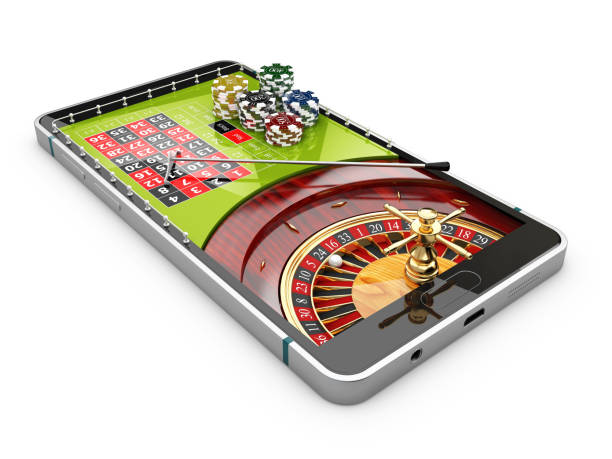Overview of “I Don’t Feel So Good”: A Growing Phenomenon in Today’s World
In recent times, a new internet slang phrase has emerged, capturing the attention of millions across social media platforms. The phrase “I don’t feel so good” has quickly become a viral sensation, infiltrating popular culture and spawning a plethora of memes, jokes, and discussions. Stemming from its iconic use in the Marvel Cinematic Universe (MCU), where the character Peter Parker, also known as Spider-Man, utters these words in the film Avengers: Infinity War, this phrase has gained widespread usage to express feelings of discomfort, unease, or perceived impending doom. This article delves into the significance and impact of this internet phenomenon, discussing key aspects, benefits, and challenges associated with “I don’t feel so good.”
Key Aspects of “I Don’t Feel So Good”
– Emotional expression: This catchphrase provides a concise way for individuals to convey their emotions, particularly when they are experiencing distress or uncertainty.
– Humor and entertainment: The phrase has gained viral popularity due to its humorous and relatable nature, allowing people to find amusement in shared experiences of uneasiness or anxiety.
– Memetic culture: By becoming an internet meme, “I don’t feel so good” has reinforced the ongoing trend of meme-based communication, shaping how individuals engage and express emotions online.
– Cultural references: With its origin in a widely recognized and celebrated film franchise, this phrase taps into a broader appreciation for superhero movies and popular entertainment, broadening its reach across various communities and demographics.
Benefits and Challenges Associated with “I Don’t Feel So Good”
– Emotional catharsis: The phrase provides an outlet for individuals to express their negative emotions, promoting a sense of relief and connection as others relate to and validate these feelings.
– Mental health discussions: The popularity of “I don’t feel so good” has spurred conversations surrounding mental health, encouraging individuals to open up about their struggles and seek support from their peers.
– Oversimplification of emotions: While this phrase serves as a relatable expression, it may oversimplify complex emotional experiences, potentially undermining the depth and nuances of individuals’ feelings.
– Cultural saturation: As the phrase continues to infiltrate online platforms, it risks becoming overused or losing its original impact, ultimately diluting its significance and diminishing its relevance.
Connecting to Larger Trends or Issues
– Mental health awareness: The popularity of “I don’t feel so good” highlights the increasing acknowledgment and conversation around mental health, showcasing how internet culture can contribute positively to the discourse.
– Pop culture influence: This catchphrase exemplifies the power of popular entertainment and media in shaping our everyday language and expressions, demonstrating the impact of movies and memes on our shared vocabulary.
– Online communication dynamics: The rise of “I don’t feel so good” as a viral phrase reflects the ever-evolving nature of online communication, where brief and relatable phrases can bridge gaps, evoke emotions, and create a sense of belonging in a digital space.
Practical Advice for Effectively Using “I Don’t Feel So Good”
Tips for Getting the Most out of “I Don’t Feel So Good”
When it comes to using “I Don’t Feel So Good” effectively, consider the following best practices:
1. Prioritize Self-Care
Remember that “I Don’t Feel So Good” is designed to help you take care of yourself. Make self-care a priority by following these strategies:
- Listen to your body: Pay attention to your physical and emotional signals, and adjust your activities accordingly.
- Rest and recharge: Take regular breaks, ensure you get enough sleep, and engage in activities that help you relax and rejuvenate.
- Maintain a healthy lifestyle: Eat nutritious food, exercise regularly, and practice mindfulness or meditation to reduce stress.
2. Customize the App to Your Needs
Personalize your experience with “I Don’t Feel So Good” by considering these recommendations:
- Set up custom reminders: Utilize the app’s reminder feature to prompt you to take breaks, drink water, or practice self-care activities.
- Modify the language: Adjust the app settings to use words or phrases that resonate better with you personally.
- Track your progress: Keep a record of how the app has positively impacted your well-being, such as improved mood or reduced stress levels.
3. Integrate “I Don’t Feel So Good” into Your Routine
To fully benefit from “I Don’t Feel So Good”, try the following strategies for seamless integration into your daily life:
- Establish a regular schedule: Set aside specific times each day to use the app or engage in the recommended self-care activities.
- Create supportive habits: Associate the app usage with existing routines, such as using it during your morning or evening routine.
- Combine with other tools: Combine the app’s features with other wellness tools like fitness trackers or meditation apps to enhance your overall well-being.
Why These Practices Are Useful
By following these practices, you can solve specific problems and enhance your overall experience with “I Don’t Feel So Good” in the following ways:
Navigating Stress and Overwhelm
Prioritizing self-care, customizing the app, and integrating it into your routine can help you effectively manage stress, reduce feelings of overwhelm, and improve your ability to cope with challenging situations.
Improving Mental and Emotional Well-being
By engaging in self-care activities suggested by “I Don’t Feel So Good,” you can promote better mental and emotional well-being, including increased self-awareness, reduced anxiety, and improved mood.
Promoting Self-Discipline and Consistency
Establishing a routine and integrating the app into your daily life helps promote self-discipline and consistency in your self-care practices, allowing you to build long-term habits that contribute to your overall well-being.
Remember, the ultimate goal of “I Don’t Feel So Good” is to empower you to take care of yourself and support your well-being. By using these practical tips and strategies, you’ll be able to maximize the benefits of the app and lead a healthier, more balanced life.









